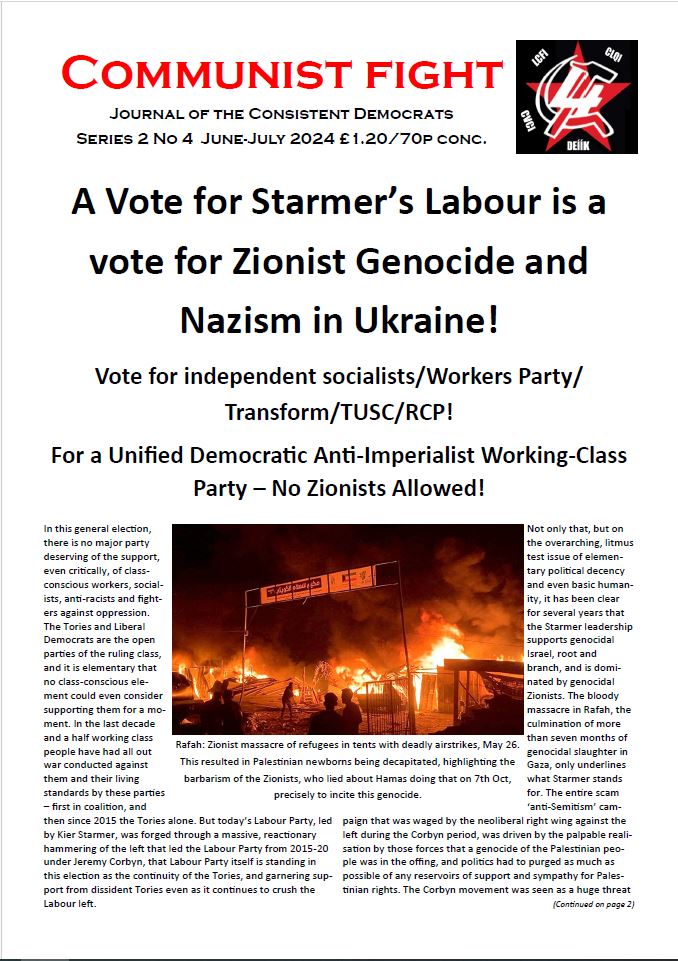
For the end of ‘adjustment’ and repression

Workers in Colombia are fighting in a series of struggles against the adjustment policy, the “model” of the semicolonial state that imperialism seeks to impose in Latin America.
Faced with protests provoked by the tax package that Duque’s government wants to impose, the government is responding with a deep repression that already has had at least 156 people disappear according to international organizations of which on May 11, it is still unknown where 125 are in the city of Cali alone.
Urubism refers to former President Uribe, paramilitary and agent of the CIA and drug trafficking. President Duque belongs to this ilk, with Uribe being the power behind the throne in Colombia’s current government. Workers in Colombia are directly repressed by the official military apparatus and indirectly by para-military groups.

As of today, May 11 at least 37 were already counted dead, a figure that is above the officially recognized number of fatalities due to the repression of popular protests in Colombia.
Meanwhile throughout the country both the prosecutor’s office and defence attorneys pointed out that they have received 548 reports of “alleged missing” people, and that 189 people have already been located, so there are still 359 “in the process of verification and location”.
The “model” of polity represented by the Colombian state is the model that imperialism seeks to impose in Latin America with its paramilitarism, its unpunished pressure on the judicial and military system, in practice annexed to imperialism, coexistence with drug trafficking, etc. In this sense in Colombia popular struggles face a state model imposed by imperialism on the region. A neocolonial model that is not linked to a particular administration of Trumpists or Democrats, but which is part of imperialist state policy.
A defeat of this political “model” by Colombia’s workers and all the masses of people will bog down the repressive politics and attacks of workers’ living conditions on the South American continent. The defeat of this “model” is one of the transitional tasks of the struggle for a permanent revolutionary process to overthrow the whole of imperialist and capitalist domination in the heart of Latin America. For this, workers in Colombia must organize independently, while the most advanced must have to have for their objective the construction of the party of its vanguard to lead all of Colombia’s exploited and oppressed against adjustment and repression policies, as part of the struggle for a working-class government.

